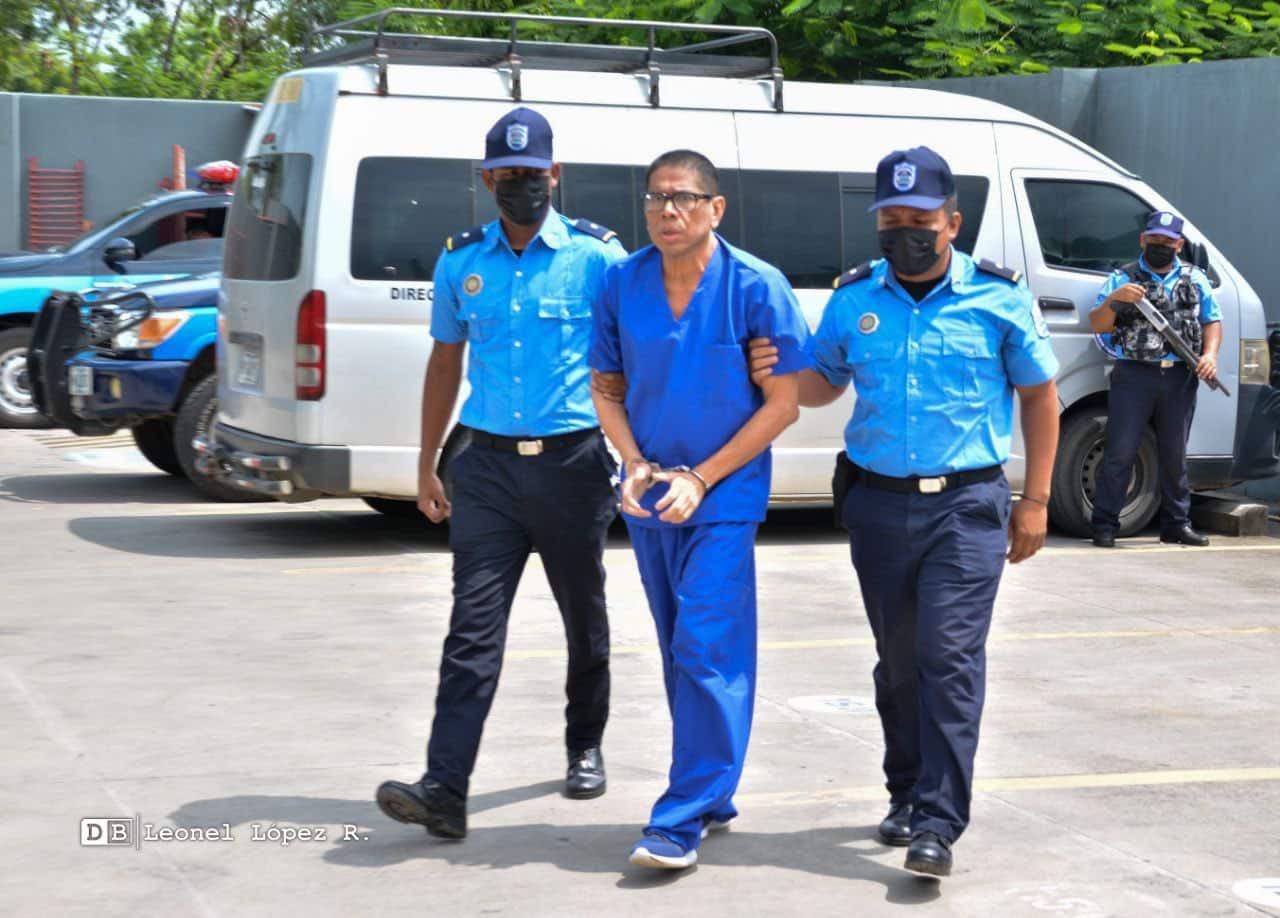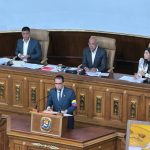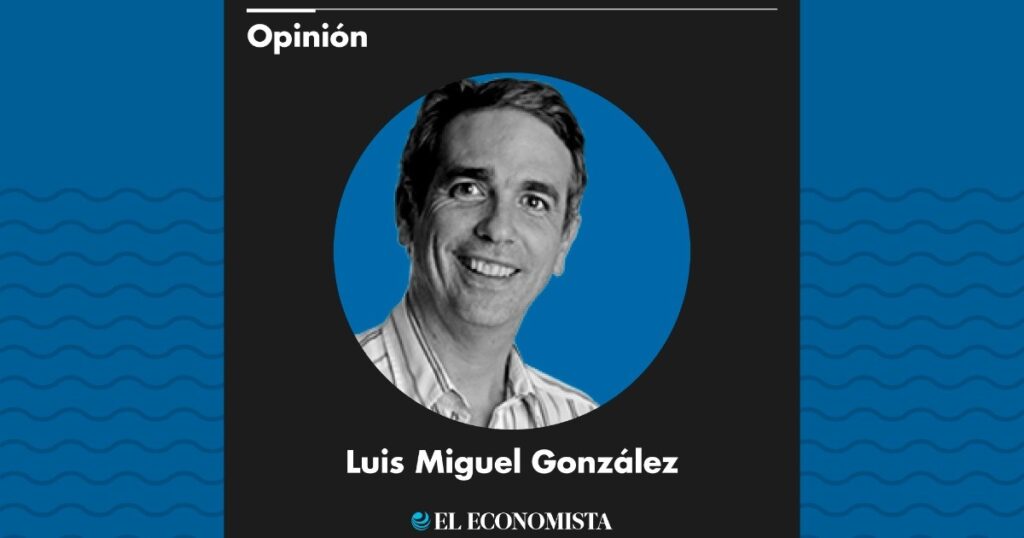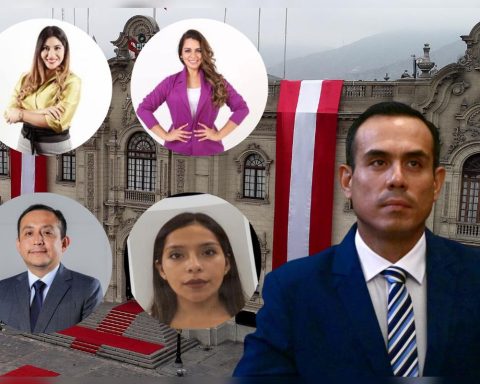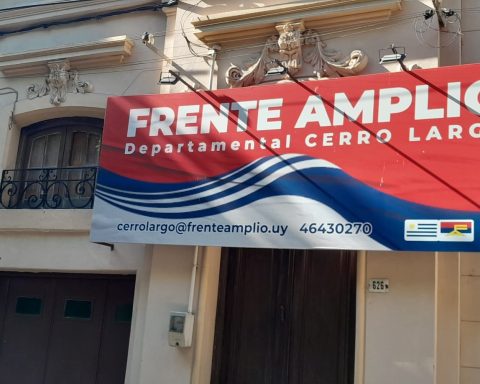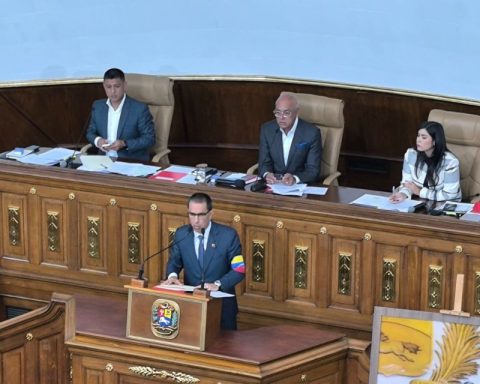The physical deterioration of the prisoners of conscience who, after more than 450 days of confinement in the El Chipote prison —pale, haggard and aged— moved the public employees who reject the torture imposed on political prisoners in Nicaragua and condemn the ordeal it means for their families.
Mariaa State worker for more than a decade, assures that she cried when she saw the images of the inmates broadcast in the official media, because she felt that her “heart was breaking” when she saw the physical deterioration, but affirmed that she is “Forced to keep quiet and live with those demons to avoid problems.”
This woman added that the cases of sportswriter Miguel Mendoza, human rights lawyer María Oviedo, activist Irving Larios and peasant leader Medardo Mairena were shocking to her, although she stated that “all the victims cause her concern.”
“In all of them, it was possible to see in their eyes and countenance, as much as they wanted to stand up with strength, the pain and suffering that they have inflicted on them, very shocking,” said the state employee who shared her points of view, days after the Prisoners of conscience were shown by the justice system to be under the control of the tyranny of Daniel Ortega and Rosario Murillo.
To prepare this report on the reaction of public employees on this issue, CONFIDENCIAL interviewed three workers who asked to avoid reprisals that their names be changed and that the institution in which they work not be mentioned.
The officials consulted assure that they are hostages of the Executive and suffer political surveillance by party representatives in state institutions, where even these sometimes have more power than the formal authorities.
Read: The kidnapper showed a “proof of life”
Public employees: Fear of speaking about the subject freely
For Gilbert —another public employee— a large part of the group that works in the State does not agree with everything that happens, especially with these serious violations of human rights.
“They themselves (the FSLN fans) know that it shouldn’t be like this (the treatment of detainees), but you can’t talk to anyone. Even those who are from the Front —but not blind— don’t agree with what the Government is doing, but they can’t say anything, because they immediately kick us out”, he added.
Also: “Torture is embodied in the body of prisoners who are isolated”
Gilbert He confessed that he is an opponent of the government, but he must earn a living and that is why he puts silence before expressing his rejection of all this type of abuse. He only breaks the same when he says that he talks to a trusted person in places that are “safe to take care of us”.
The impression of this state worker is that the political prisoners are devastated, the case that most impressed him being that of the former president of the Superior Council of Private Enterprise, Michael Healy, whom he found very “thin” when they exhibited him in court. .
Under extreme security measures, the Ortega Police led 27 political prisoners last week to the Managua Courts for three consecutive days. They made them appear “informational hearings” in the Managua Court of Appeals to be informed about the ratification of their sentences, which independent jurists considered an “invention” because these sessions are not contemplated in the law and the same rulings had already been notified.
According to legal specialists, the authorities were actually forced to give “proof of life” to those sentenced, following serious complaints from relatives about the persistent mistreatment of prisoners of conscience, which had drawn attention both to national and international level.
“This attitude of the Government transgresses the Nelson Mandela standards of treatment of persons deprived of liberty, which determine their dignified treatment, which has not been respected in Nicaragua. The American Convention on Human Rights and the International Convention against Torture and other cruel and degrading treatment, to which Nicaragua is a party, are also violated,” recalled Braulio Abarca, lawyer and human rights defender of the Nicaraguan Never Again Human Rights Collective.
According to independent records, Nicaragua currently has at least 205 political prisoners. 13 of them are under the figure of house arrest and the dictatorship extends to its relatives the isolation and incommunicado detention to which they are subjected, in another dramatic and evident case of human rights violations.
Not even with criminals are they as cruel as with political prisoners
For fabian —the third State worker consulted— “the way in which this violation of many of their rights is being carried out is too cruel,” he stated.
He added that he has not seen that the FSLN justice system treats people who have committed serious crimes the same and regrets that political prisoners are punished for an “ideological issue.”
This public employee criticizes that the penitentiary technique should seek to reeducate the inmate and “not oppress him”, which observes what they do with prisoners of conscience.
The relatives of the inmates consider that all these convicts were victims of judicial fabrications orchestrated to punish dissidence and as political revenge against opponents.
On September 4, in the television program Esta Semana, the relatives of some of the 27 political prisoners of El Chipote recalled, in the midst of the pain of seeing their emaciated relatives, that the condemned should not be detained, because simply not “ They committed no crime.”
Renata Holmann, daughter of the general manager of La Prensa, Juan Lorenzo Holmann Chamorro, stated that she did not recognize her father when she saw him so thin, weak and convalescing. Since May of last year, the regime unleashed a repressive escalation to guarantee Ortega’s re-election without electoral competition for a fourth consecutive term, counting from 2007 when he came to power.
